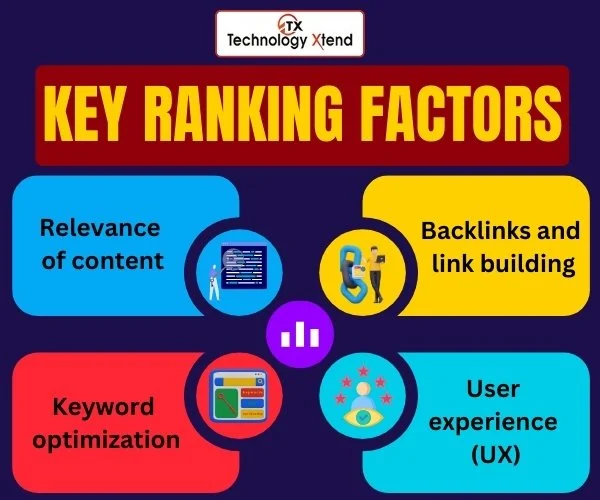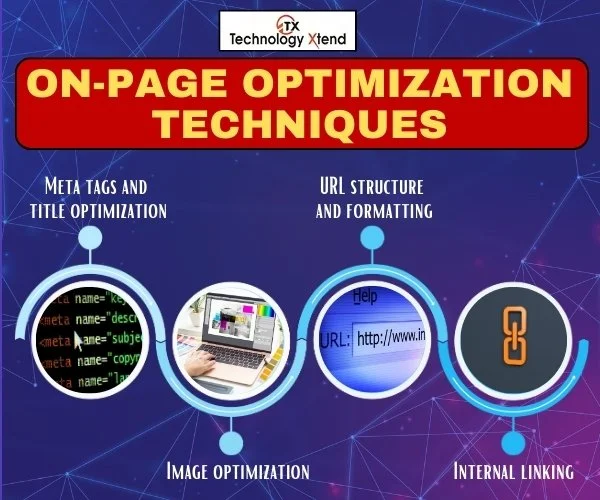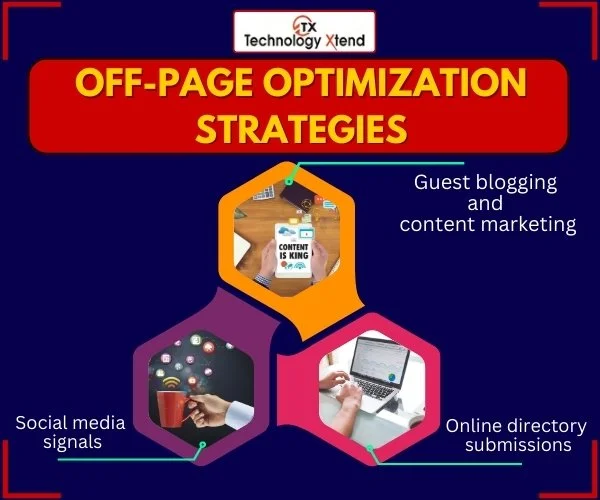
Technology XtendFrom Page 10 to Page 1: Dominate Google Rankings
Discover the game-changing secrets that will catapult your website from obscurity to top of Google's search results.
In the world of online business, ranking high on Google is essential for success. With numerous competitors vying for the top positions, it's crucial to understand the factors that influence Google rankings and develop effective strategies to improve your online visibility. This comprehensive guide will provide you with practical insights and actionable techniques to dominate the Google rankings and drive more organic traffic to your website.
Understanding Google Ranking Factors
Google's search algorithm plays a significant role in determining how web pages are ranked. By understanding the key ranking factors, you can optimize your website to increase its chances of ranking higher.
The role of search algorithms
Google's algorithms evaluate and rank web pages based on various factors. These algorithms are designed to provide users with the most relevant and useful search results. To improve your Google ranking, it's essential to align your website with these algorithms by focusing on key ranking factors.
Key ranking factors
Several factors influence Google rankings. By focusing on these factors, you can enhance your website's visibility:

High-quality, informative, and relevant content is the foundation of a successful website. Create content that meets the needs of your target audience and aligns with their search intent. Conduct thorough keyword research to identify the terms and phrases your audience is searching for and strategically integrate them within your content.
Keyword optimization involves strategically incorporating relevant keywords into various elements of your webpage. This includes your page titles, headings, meta tags, and content. However, it's important to use keywords naturally and avoid over-optimization, as this could lead to penalties from Google. Focus on providing value to your audience while including keywords in a meaningful and organic way.
Backlinks from authoritative websites act as votes of confidence for your content. Building a strong backlink profile is essential for improving your Google ranking. Invest time in building relationships with reputable websites and aim for high-quality backlinks. Additionally, focus on internal linking within your own website to improve crawlability and provide a smooth user experience.
Providing a positive user experience is crucial for higher Google rankings. Factors such as page loading speed, mobile-friendliness, and site architecture affect how users interact with your website. Optimize your website for a fast loading time, ensure mobile responsiveness, and create a user-friendly site architecture that allows visitors to navigate easily and find what they're looking for.
Related Article- Ultimate Guide to Rank Your Website
On-Page Optimization Techniques
On-page optimization involves optimizing various elements within your webpage to improve search engine rankings. Here are some key techniques:

Meta tags, including meta descriptions, and page titles play an essential role in enticing users to click on your website in search results. Craft compelling meta descriptions that accurately describe your page contents and incorporate relevant keywords. Similarly, optimize your page titles to accurately represent your content.
Your URL structure should be clean, descriptive, and easy to understand. A clear URL helps search engines and users understand the topic of your page. Additionally, use hyphens to separate words within your URLs rather than underscores. This enhances readability and improves search engine optimization.
Optimizing images on your website can improve both user experience and search engine rankings. Compress your images to reduce file size without compromising quality. Also, use descriptive alt texts for your images, including relevant keywords, to help search engines understand the content of the image.
Utilize internal linking to guide users and search engine bots to other relevant pages within your website. This helps with site navigation and enhances the overall user experience. Link to related articles, product pages, or other pages that provide additional value to the user.
Related Article- 10 Tips for Ranking Your Website on Google Search
Off-Page Optimization Strategies
Off-page optimization focuses on techniques beyond your website to enhance your Google rankings:

Guest blogging and content marketing
Guest blogging on reputable websites within your industry can help establish your authority, build backlinks, and expand your online reach. Create high-quality, valuable content that resonates with the target audience of the hosting website. By doing so, you can attract readers to your own website and improve your visibility in search results.
Social media signals
Social media presence and engagement can indirectly influence your Google rankings. When your content is shared and discussed on social media, it signals to search engines that it is valuable and relevant. Build a strong social media presence and encourage sharing of your content to increase your online visibility.
Online directory submissions
Listing your business and website in reputable online directories is a simple yet effective way to improve your local search rankings. Choose directories that are relevant to your industry and location. Ensure that your business information is consistent across all directories, as this establishes credibility with search engines.
Also Read - 5 Surprising Trends that will Shape the Future of SEO in 2024
Staying Abreast of Google Updates
As Google continues to update its algorithms, it's important to stay informed and adapt your strategies accordingly:
Monitoring algorithm updates
To stay ahead of the game, keep an eye on major algorithm updates announced by Google. Numerous online resources and tools are available to track these updates and understand their impact on your rankings. Staying informed allows you to adjust your strategies and mitigate any negative impact caused by algorithm changes.
Analyzing and adapting to algorithm changes
When algorithm changes occur, it's crucial to analyze their impact on your website's performance. Assess whether any elements of your website may be adversely affected and take necessary steps to align with the new algorithm requirements. Regularly review your content, backlink profile, and overall website health to ensure long-term success.
SEO best practices for long-term success
Adopting ethical SEO practices is crucial for maintaining a high ranking in the long run. Focus on creating valuable content, building genuine relationships, and improving user experience. Stay up to date with the latest trends and best practices in the SEO industry, as this will help you adapt and stay ahead of the competition.
Related Article- Benefits of Local Search Engine Marketing Optimization
Conclusion
Related Articles










































